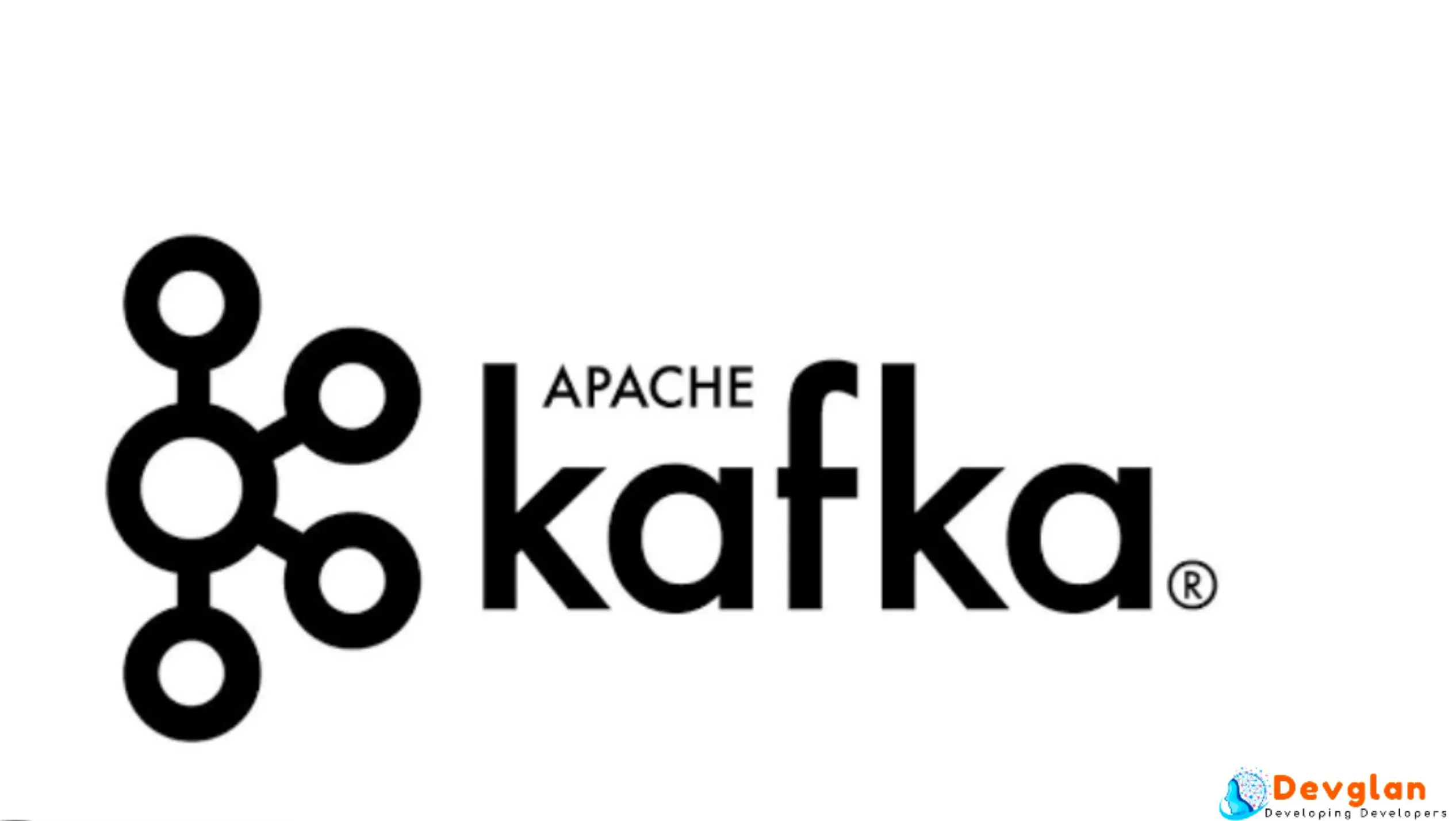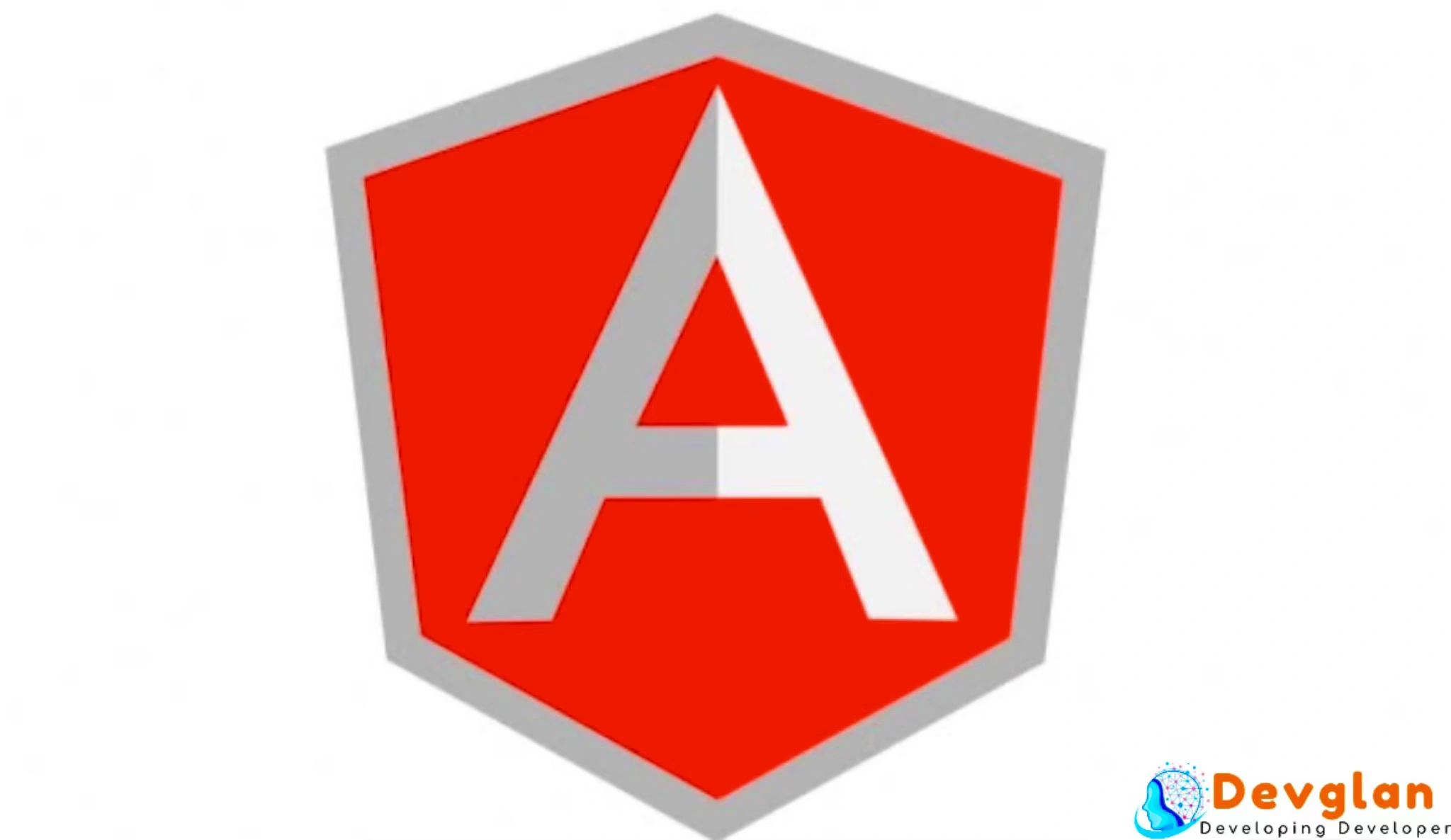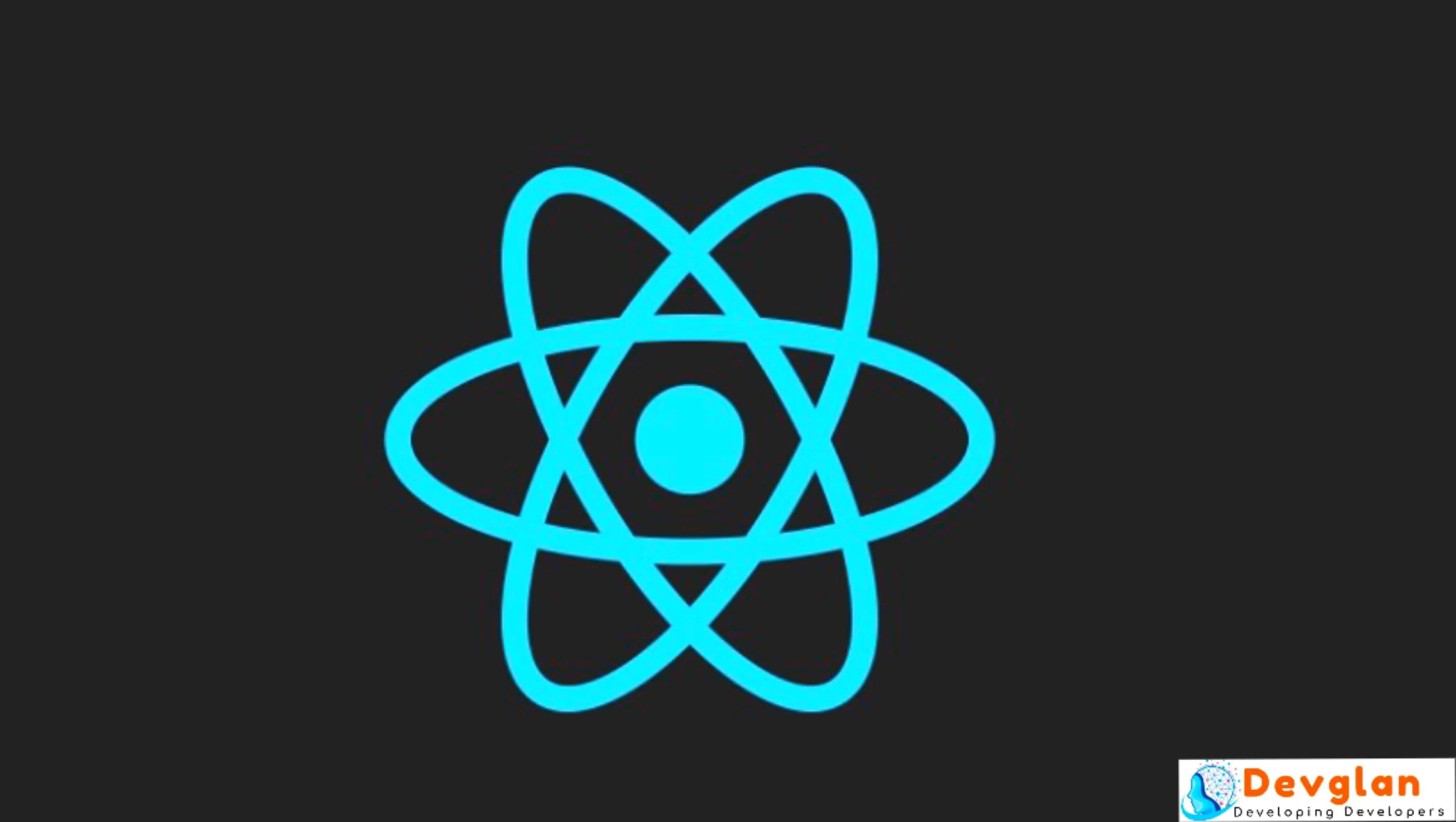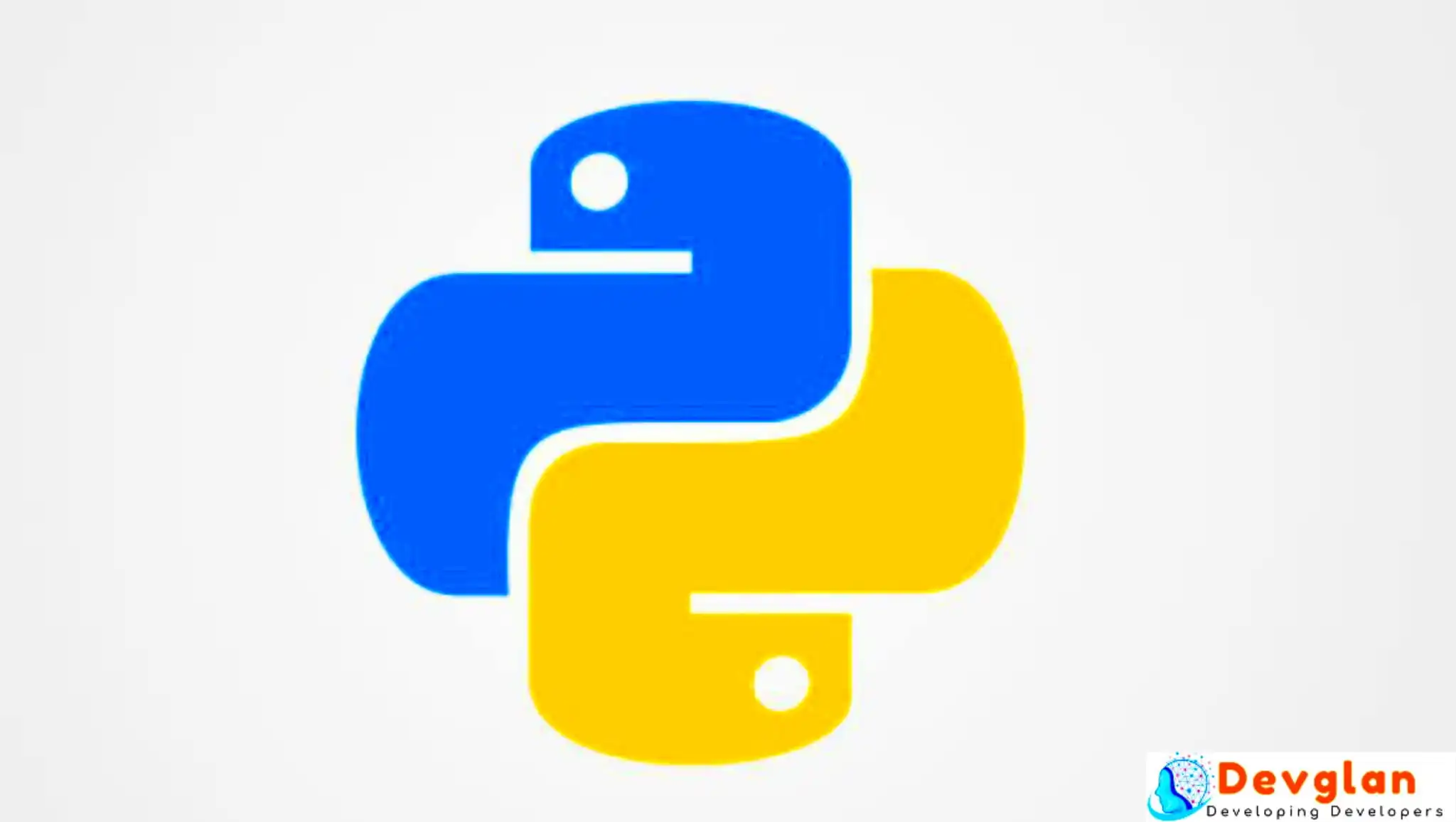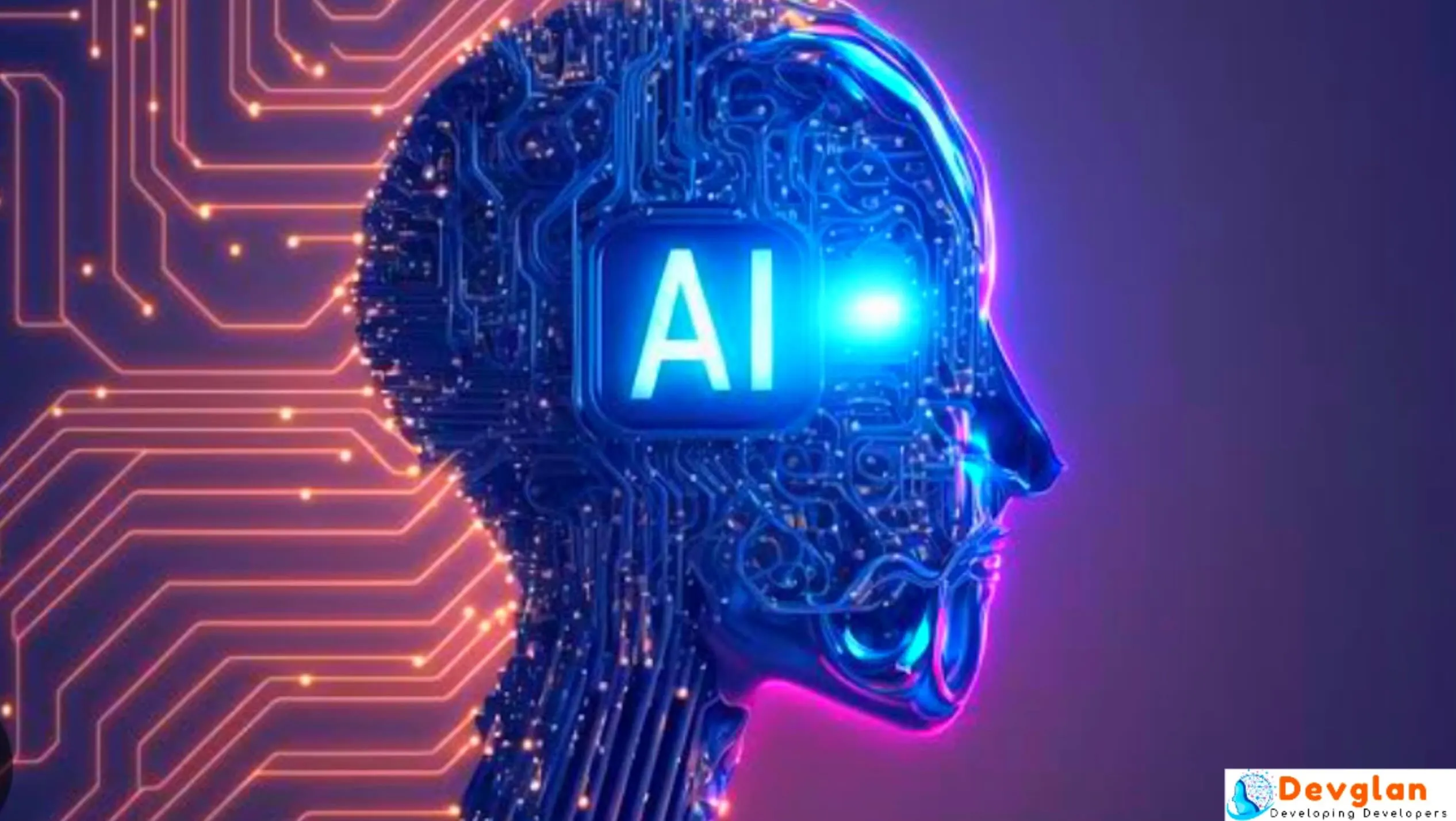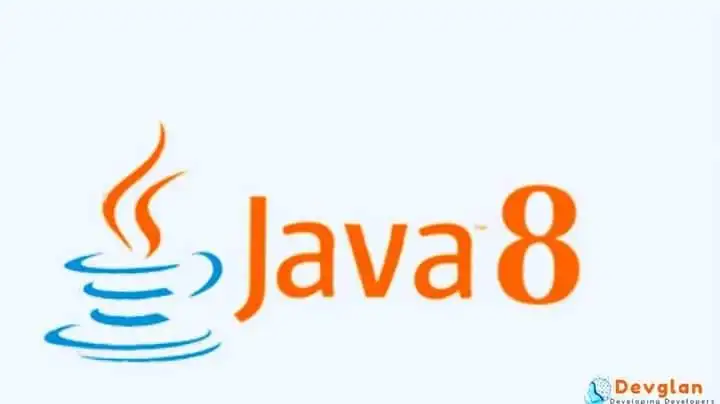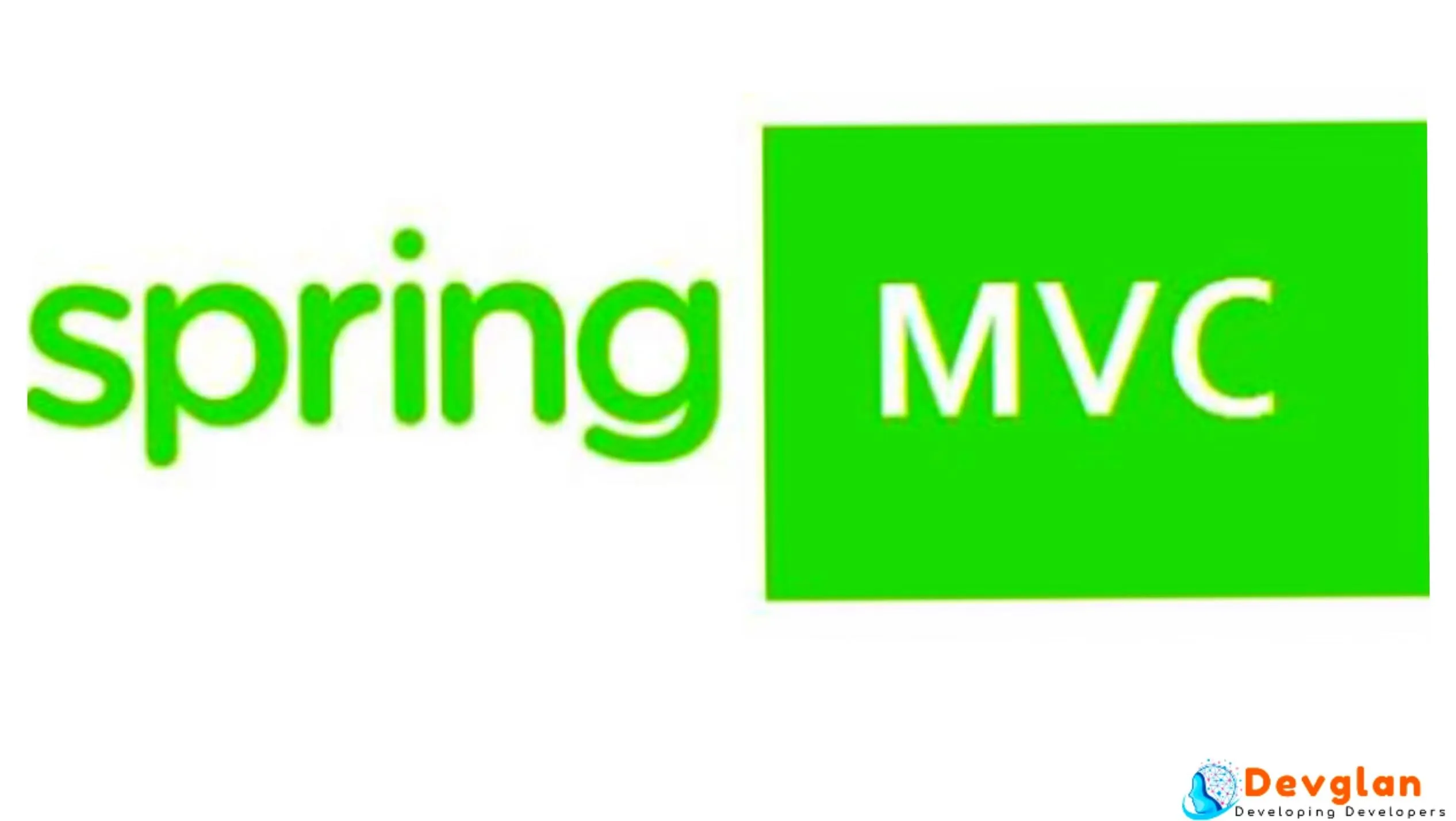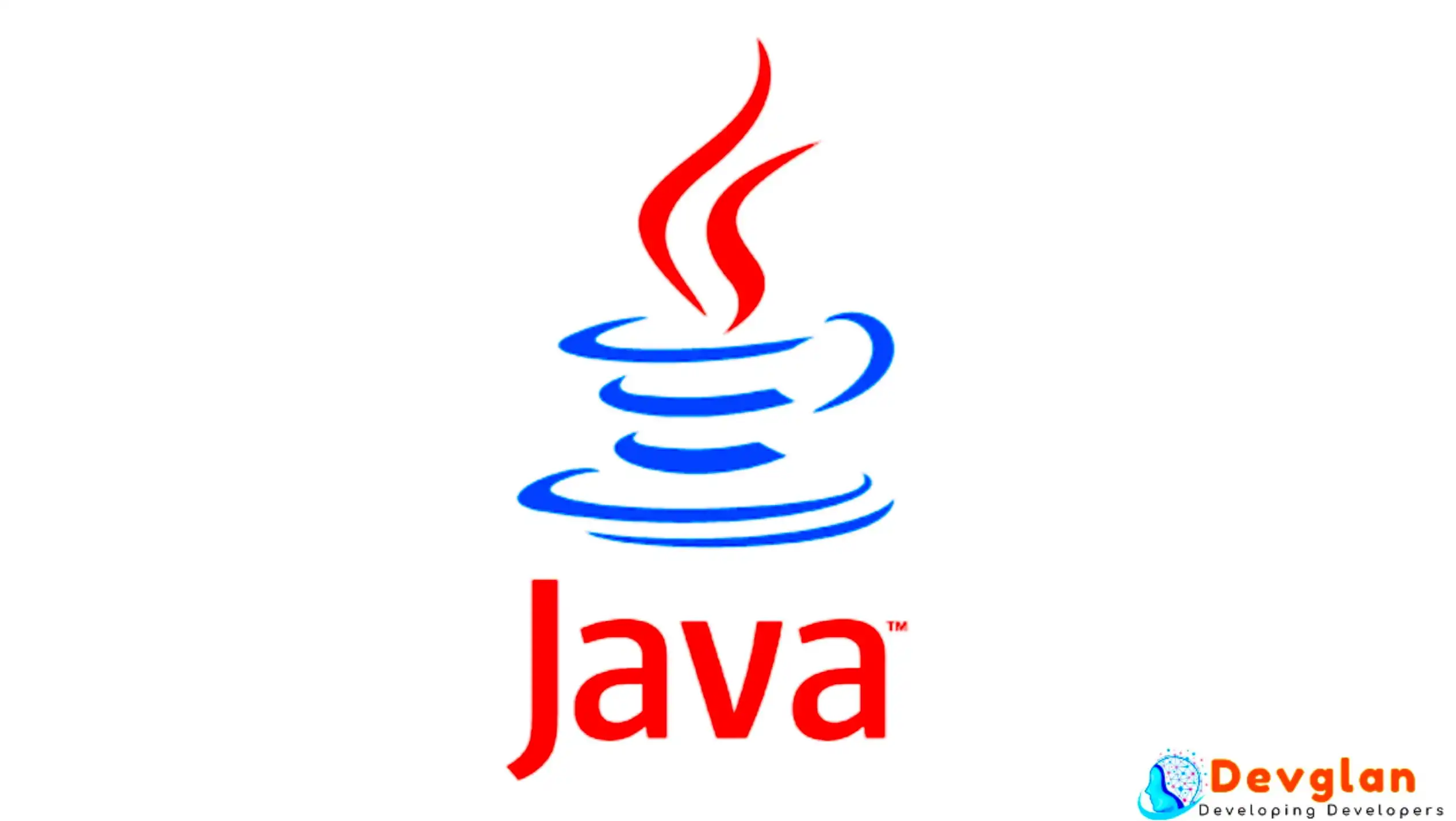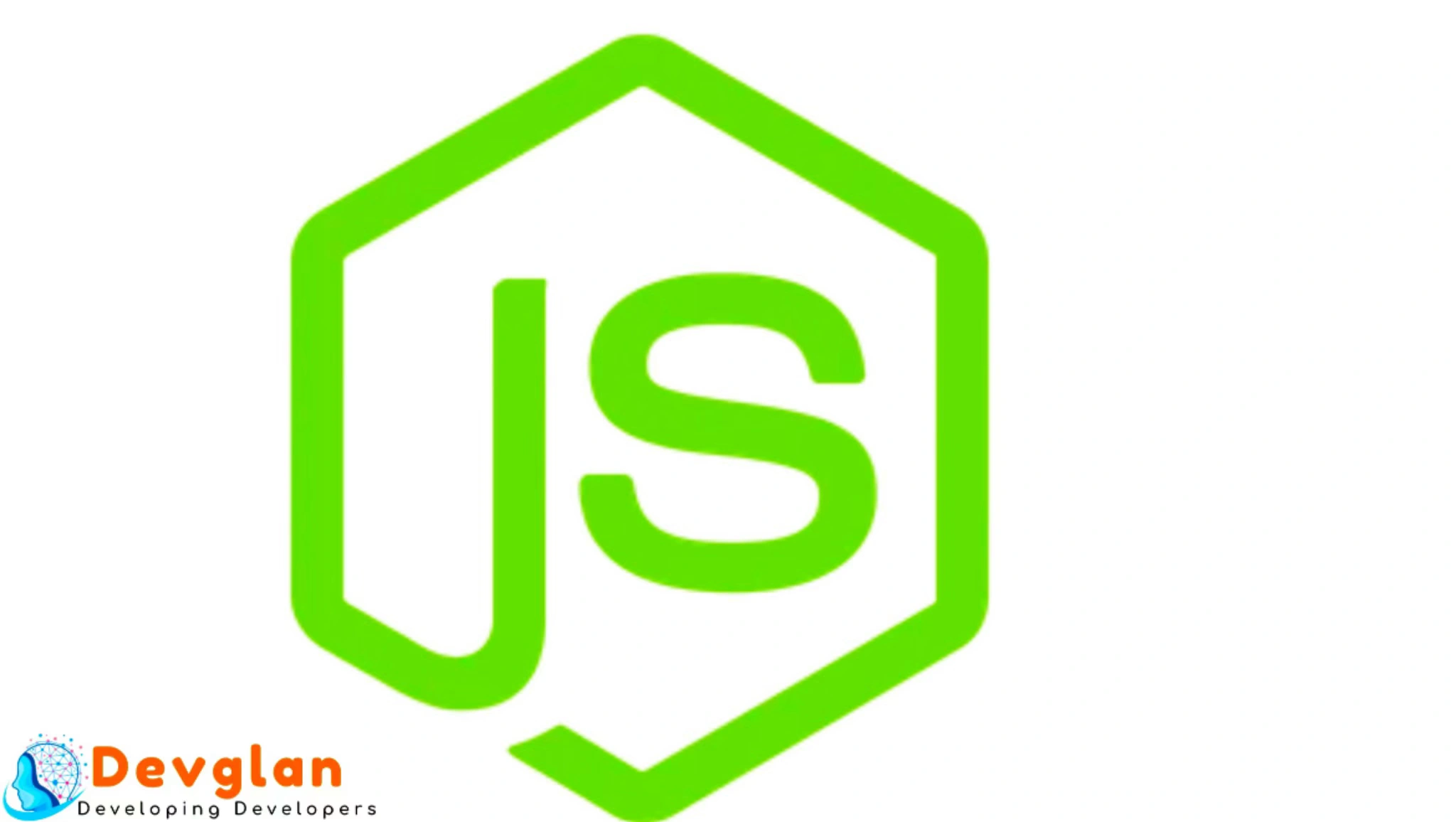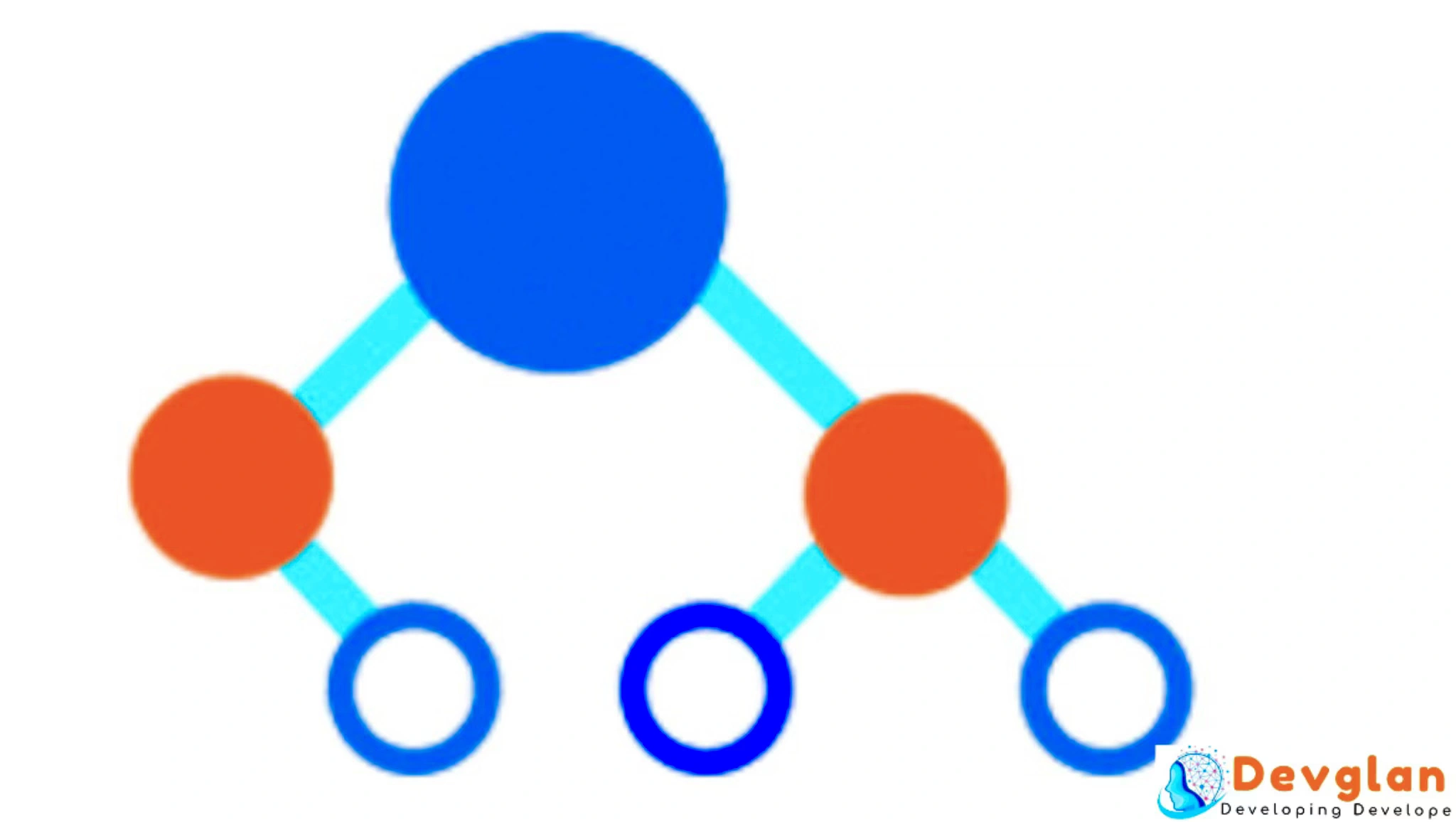Hey there! So, are you thinking, like everyone, about entering the world of AI? Just last week, I was speaking with a friend of mine in tech recruiting, and she literally could not stop telling me how freaking desperate companies are for people who know AI inside out. The demand is off the charts, yet people are not aware of the use of AI, which they should know. That's the real challenge. I read a study recently somewhere that said the world is actually short of people who really know how to use AI.
AI certificate courses have emerged as the preferred route to learning a new skill without leaving your day job or spending six figures for another degree. To be honest — not all AI programs are the same. Some will really change your career, and some will just give you a fancy PDF, and that's about it.
Having wasted many hours researching this stuff, I thought I’d save you the trouble and highlight the programs that are still worth your time and money in 2025.
1. MIT's Artificial Intelligence and Machine Learning Program
The Bottom Line: If you want a comprehensive professional program with serious industry cred, this one's hard to beat.
Great Learning, on its platform, offers AI and machine learning programs offered by MIT PE. This MIT AI course stands out thoroughly because of its no-code AI approach and MIT credentials, carrying the prestige of the MIT brand. Here's what you get:
What to expect:
-
Unique No-Code Approach: They'll make you learn and apply AI and ML concepts without any coding experience needed.
-
Actual hands-on projects: Not just examples. You'll work on multiple hands-on projects from dynamic industries.
-
MIT faculty: You will get recorded sessions from MIT faculty, and that will be a big yes for the program.
-
Algorithmic focus: Deep dives into how algorithms work and when to apply different approaches.
-
Cutting-edge content: Regularly updated with recent advances from MIT's research labs.
-
Peer learning: Collaborative projects that mimic real-world team environments.
While among the more expensive options, the MIT credential carries significant weight with employers.
2. Stanford's Professional Certificate in Machine Learning and AI
The Bottom Line: The Stanford name opens doors, and the theoretical foundation is rock-solid.
Let's be honest - having Stanford on your resume doesn't hurt. Their professional certificate program dives deep into the math and theory behind ML and AI algorithms, which gives you a real edge when it comes to understanding why models work (or don't).
The standout features:
-
World-class instructors: Learn from the same professors teaching Stanford's renowned computer science courses.
-
Research-oriented approach: If you want to understand the "why," not just the "how," this program delivers.
-
Rigorous assignments: They don't let you slide with simple problems. You'll be challenged to think deeply.
It's best suited for those who already have some technical background and are looking to add robust AI skills to their toolkit.
3. IBM Data Science Professional Certificate
The Bottom Line: Perfect for blending data science and AI skills with immediate practical application.
IBM's program on Coursera hits a sweet spot for many professionals because it combines foundational data science with applied machine learning.
What's cool about it:
-
Approachable for beginners: They ease you in with accessible content before ramping up the difficulty.
-
Strong focus on tools and workflows: You'll learn the practical side of implementing models in production environments.
-
IBM digital badge credentials: These are recognized across the industry and can be displayed on LinkedIn.
If you're coming from a data background and want to add AI capabilities, this program offers a smooth transition path.
4. Google's Machine Learning Engineer Certificate
The Bottom Line: Technical, practical, and focused on implementation using Google's ecosystem.
Google's certificate program is all about applying machine learning in real-world scenarios using TensorFlow.
The highlights:
-
Hands-on with TensorFlow: You'll become proficient with one of the most widely used ML frameworks in the industry.
-
Performance optimization focus: Learn not just how to build models but how to make them efficient and scalable.
-
Google Cloud integration: Perfect if you're working with or planning to work with GCP.
This program is ideal for software engineers looking to specialize in machine learning implementation rather than starting from scratch.
5. DeepLearning.AI's Deep Learning Specialization
The Bottom Line: The gold standard for deep learning education from one of the field's most respected teachers.
Created by Andrew Ng, this specialization has become almost a rite of passage for serious AI practitioners.
What makes it special:
-
Conceptual clarity: Complex neural network architectures are explained with remarkable clarity.
-
Progressive difficulty: Builds from fundamentals to cutting-edge approaches in a logical sequence.
-
Programming assignments: Implement papers and techniques that advance the field.
While more focused than some of the broader programs, it's unbeatable if deep learning is your primary interest.
6. JHU's Certificate Program in AI Business Strategy
The Bottom Line: Challenging, comprehensive, and carrying the prestige of the JHU brand.
JHU doesn't cut corners in its professional education offerings, and its AI certificate course is no exception.
What to expect:
-
JHU: Learn from JHU’s faculty and top industry experts, giving you an edge over others
-
Earn a certificate from JHUh: Earn a certificate from Johns Hopkins University and 6 CEUs upon program completion
-
Hands- projects and case studies: Transform theoretical knowledge into tangible skills under the guidance of industry experts.
-
Cutting-edge content: Regularly updated curriculum with dedicated modules on gen AI and scalable AI.
While among the other options, the JHU certificate carries significant weight with employers.
Making Your Decision: Which Program Is Right For You?
Here's the thing about AI education - there's no one-size-fits-all solution. The "best" program depends entirely on your background, goals, and constraints.
Ask yourself these questions:
-
What's your starting point? Programs like MIT, Stanford, and JHU can accommodate beginners, while others assume prior knowledge.
-
What's your end goal? Looking to build products? Research new approaches? Apply AI to a specific industry?
-
How much time can you commit? Some programs can be completed in months of intensive study, while others are designed to be compatible with full-time work.
-
What's your learning style? Some people thrive with structured deadlines and cohorts (like Great Learning offers), while others prefer self-paced options.
Whatever you choose, the key is to actually complete it and build something real along the way. A half-finished certificate doesn't impress anyone, but a portfolio of working AI projects? That's what gets you hired.
So what are you waiting for? The AI revolution isn't slowing down anytime soon, and the sooner you get started, the sooner you'll be part of it.
Drop a comment if you've taken any of these programs or have questions—I'd love to hear about your experience!


